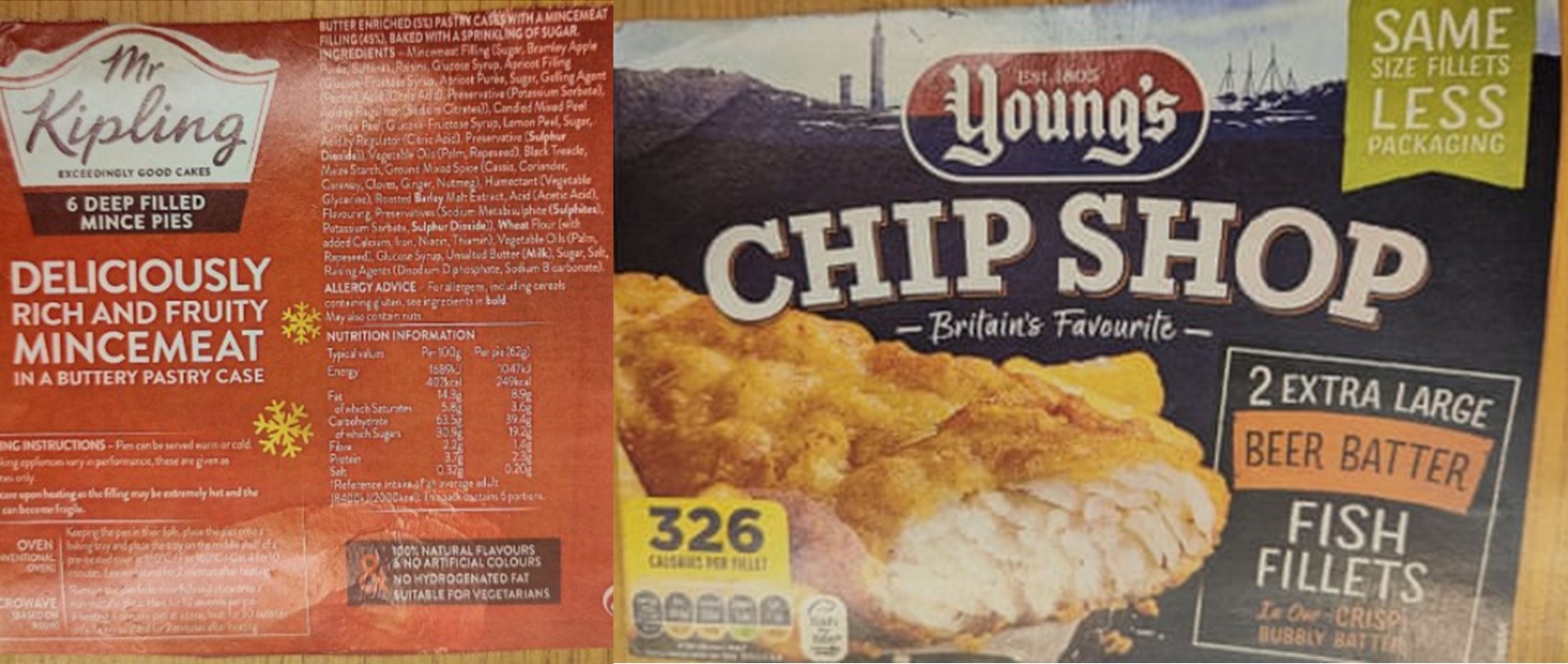The High Court (Chancery Division) has ruled that a will written across a Mr. Kipling Mince Pie box and a box for Young’s Chip Shop Beer Batter Fish Fillets is valid. In this article, Nicholas Thompson, a Trainee Solicitor in our Private Client Team, reviews the case.

Mr. Malcolm R. Chenery died in 2021 shortly after making his will on the back of two cardboard food boxes. The two separate ‘pages’ were not connected and the neighbours who witnessed his signature only saw page two (the Mr. Kipling Box) but had not seen page one (the Young’s box).
Page one detailed Mr. Chenery’s wishes for his house, bank accounts and house contents to be left to Diabetes UK with his collection of ornaments and pottery left to Hornsea Pottery Collectors’ and Research Society. It also included a request for his ashes to be buried or scattered at York Cricket Club where he had happy memories of days spent with his mother. Page two detailed an additional bequest of his money and jewellery to Diabetes UK as well as confirming arrangements for his dog, Tilly.
The solicitors acting for Diabetes UK applied for probate but were unsuccessful in the first instance due to the will being split across two separate food boxes. On application to the High Court (Chancery Division), Junior Counsel Sam Chandler of 5 Stone Buildings noted that the two pages were written using the same pen and discuss, “overlapping subject matter.” It was also noted by various family members that there was good reason for Mr. Chenery to leave a legacy to Diabetes UK due to a family connection with that condition.
Master Katherine McQuail ruled that the requirements of the Wills Act 1837 were satisfied so the bequest to Diabetes, reportedly worth c.£180,000, is legally binding. Master McQuail noted the court’s presumption that Mr. Chenery, “had not intended to die intestate.” This was due to longstanding ill will between the deceased and his sisters and nieces, who would have inherited his estate under the intestacy rules.
In England and Wales, individuals have testamentary freedom which allows them to determine to whom their estate should be left as long as they make a valid will. This case highlights the need to ensure that any will made complies with the Wills Act 1837.
We would be happy to assist anyone who may need to update their existing will or make one for the first time. A professionally drawn will is always advisable and will minimise the risk of costly litigation – cod forbid!
Please contact Catherine Pugsley or Nicholas Thompson on 0207 222 5381 to discuss this further.

